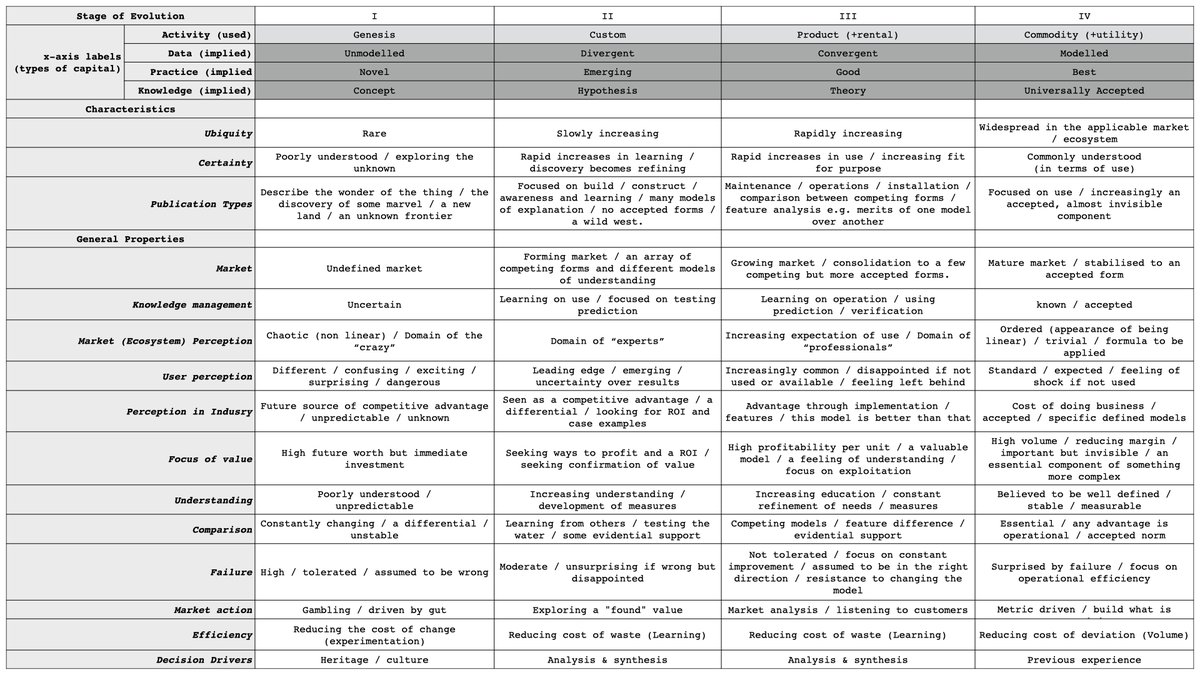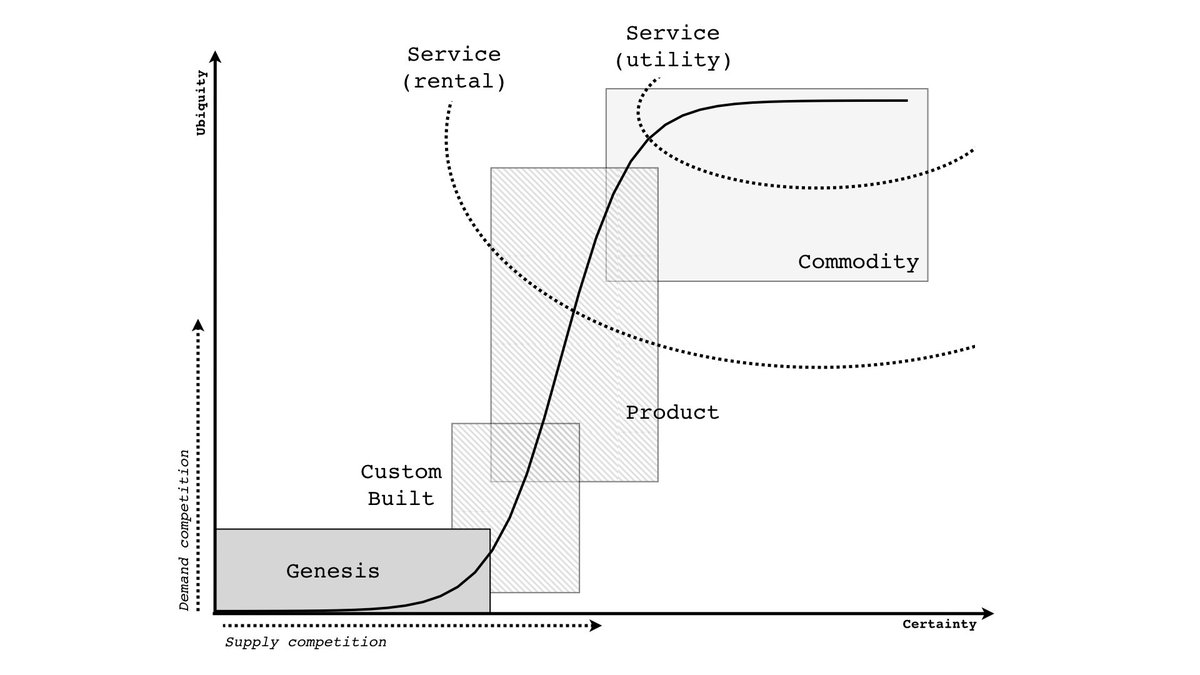
X : What's the most important thing to do with mapping.
Me : Practice i.e. practice putting your assumptions down, sharing with others and listening to challenge.
X : There must be some theory on how to ...
Me : Theory? Maps is all practice, observation and patterns ...
Me : Practice i.e. practice putting your assumptions down, sharing with others and listening to challenge.
X : There must be some theory on how to ...
Me : Theory? Maps is all practice, observation and patterns ...
Me : ... it was born from practice, observation and patterns and it still remains as such today. We're a long long way from a theory of maps.
X : Some maps look quite theoretical.
Me : "theoretical" in the sense that "this map is being used to show a pattern I don't like and hence I'm not going to listen nor accept the challenge but instead dismiss this observation based upon my belief" ... you need to practice more.
Me : "theoretical" in the sense that "this map is being used to show a pattern I don't like and hence I'm not going to listen nor accept the challenge but instead dismiss this observation based upon my belief" ... you need to practice more.
X : Well, what if I disagree with a map?
Me : That's the point. Observations are made on the map which includes perceptions of the landscape and assumptions. This is exposed so that people can challenge it. This is how we learn.
Me : That's the point. Observations are made on the map which includes perceptions of the landscape and assumptions. This is exposed so that people can challenge it. This is how we learn.
Me : When you disagree with a map or a pattern on a map, you need to explain why and in the process reflect on that why ... maybe the map is a better representation, maybe you have inertia to the pattern shown, maybe the map is biased by some other perception etc.
X : Does disagreement cause problems?
Me : It can. When execs talk about liking "challenge" they often mean "I challenge you for not making my vision true" and not "you challenge the vision". Pointing out blindingly obvious $1Bn+ flaws in a pet project can be career ending.
Me : It can. When execs talk about liking "challenge" they often mean "I challenge you for not making my vision true" and not "you challenge the vision". Pointing out blindingly obvious $1Bn+ flaws in a pet project can be career ending.
X : Seriously?
Me : I know quite a few mappers who have been fired for pointing out obvious major flaws. Problem is, once you've started mapping it becomes a bit difficult not to see it and not to point out obvious mistakes. If you want a quiet life ... don't map, don't look ...
Me : I know quite a few mappers who have been fired for pointing out obvious major flaws. Problem is, once you've started mapping it becomes a bit difficult not to see it and not to point out obvious mistakes. If you want a quiet life ... don't map, don't look ...
Me : ... there is wisdom in those words of see no evil, hear no evil, speak no evil ... assuming you want a quiet life and can avoid being one of the troops involved in the general's grand disruptive vision of "walking off the cliff" or "skydiving into the active volcano".
X : How common is this?
Me : Let us ask ...
Q. Have you ever been fired for using a map to point out an obvious flaw in some executive vision?
Me : Let us ask ...
Q. Have you ever been fired for using a map to point out an obvious flaw in some executive vision?
• • •
Missing some Tweet in this thread? You can try to
force a refresh






